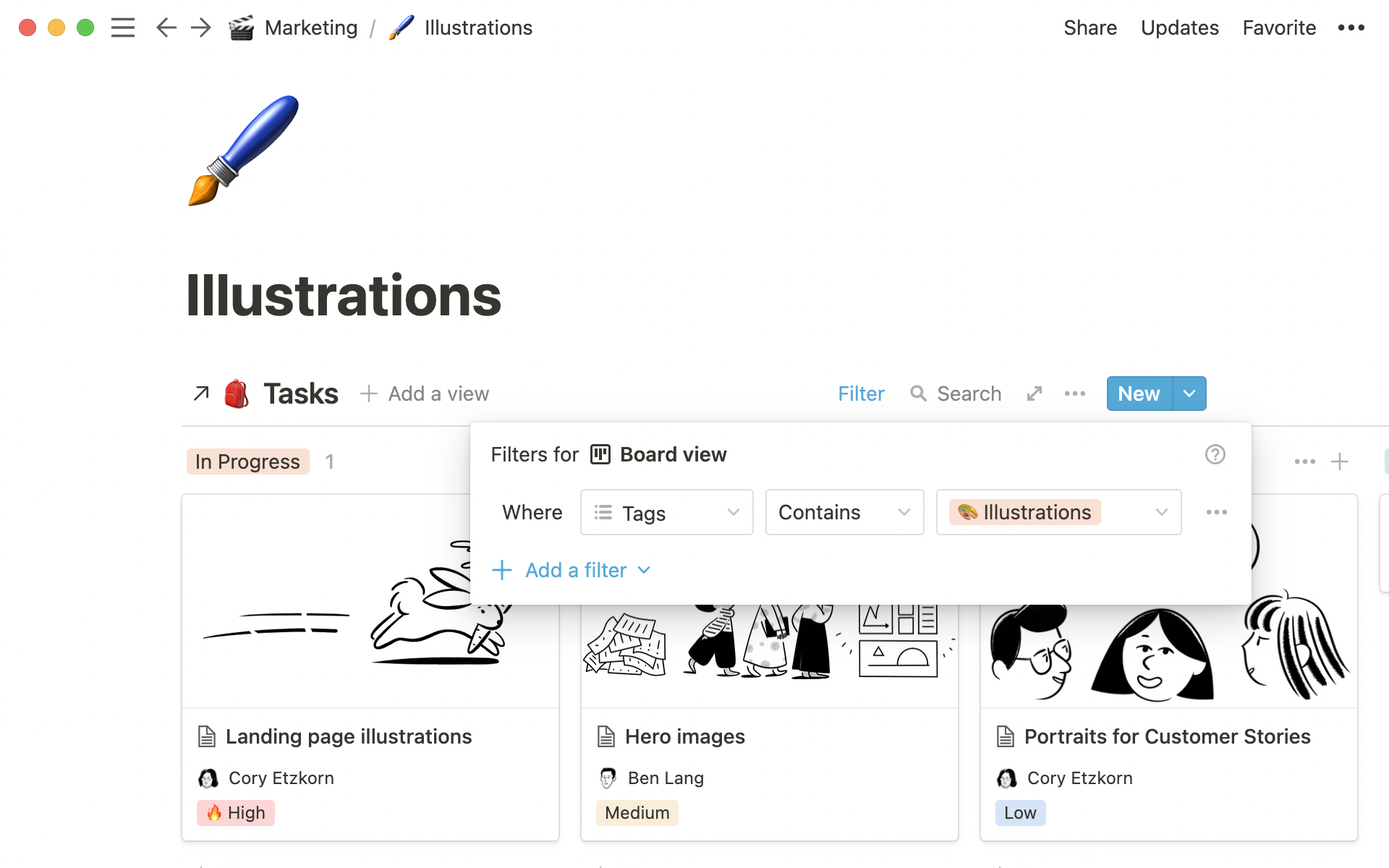Learn how to manage software development projects like a pro
There’s an iterative and ever-changing art to software development projects that can make them difficult to manage. Deadlines are more of an estimate and updates are continuous.
It’s no wonder the famed Agile methodology — which many industries and individuals now use to manage everything from consulting to daily life — originated as a project management tool to address software development’s unique challenges.
But whether you choose Agile or another method, managing software development projects requires an approach as distinct as your team’s objectives.
What’s software project management?
Software project management is the process of aligning teams on development deliverables, tasks, and tests. This involves delegating tasks and monitoring progress until the project has been completed.
Development covers creating new software, generating updates, and fixing existing products. Approaches to achieving this vary. You could use a test-driven development (TDD) model that relies on test cases, sprints (part of Agile project management) to quickly generate functionality piece-wise, or Six Sigma to improve processes and teamwork.
Methodologies vary, but software development project managers must always have a plan. Software development has too many moving parts, checks and balances, and test iterations for project architects to go it alone.

The project management process: 4 phases
Agile, Kanban, workflow management — whatever methodology a software development team uses, the fundamentals are similar. Most projects take the following course:
Initiation — stakeholders document project objectives and requirements, defining the scope of work. Before moving to the next step, the project manager evaluates the project's viability.
Planning and design — project leaders map deliverables to tasks and metrics. The team determines the timeline, key milestones, and product tests, correlating these processes to project requirements. Project planners also use this time to assign tasks to team members.
Implementation — the team executes tasks, working through the project timeline. Project managers track progress and adjust the plan if tests fail or the team hits setbacks. Many project management models include fail-safes, like daily stand-up meetings, to ensure that team members voice obstacles before they negatively impact workflows.
Evaluation — upon a project’s completion, the team gathers insights to improve their work on future initiatives. Teams can hold a post-mortem meeting or retrospective to assess successes, roadblocks, and process modifications for future projects.
The benefits of investing in software project planning
Unlike product development, software development doesn’t typically involve creating a tangible object the team can watch and “feel” coming together. This makes visualizing success difficult. Without a plan, work can be disorganized, even haphazard.
A software development plan alleviates this disorganization and offers your team the following benefits:
Encourages better communication — project management platforms like Notion make it easy for teams to visualize what their peers are working on and communicate about it, as these tools often have a messaging component. And project management models encourage brief but frequent meetings to tackle arising problems and keep everyone in the know.
Ensures efficient resource use — when you allocate resources like time, money, and tools at a project’s outset, you’re realistic about time and financial constraints. You avoid overpromising to the client or overtaxing the project team.
Creates documentation — project planning generates workflow boards, matrices, and process documents you can adapt to future projects. Think of this aspect of planning as template creation — not to mention an opportunity to document and learn from errors.
Software development project management use cases
Here are some ways a project planner can assist a software development team:
Sprints — “Sprint” is a term from the Agile methodology that defines a set period where teams work on specified pieces of an overall project. Project managers assign sprint tasks, due dates, and priorities and monitor sprint progress.
Road-mapping — product road-mapping is when project managers outline tasks, responsibilities, and project goals. After the road-mapping phase, managers carry the plan into the prototype stage.
Fixing — project managers employ planning tools for bug reporting, allowing end users to flag issues. As issues arise, project managers prioritize and assign them to team members for prompt resolution.
5 tips for software project managers
Here are a few actions software project managers can take to improve teams’ and stakeholders’ experience of a project:
Make a good impression on your team — let your team know you’re there to support them and remove obstacles. Encourage team members to surface issues and maintain open communication.
Hold effective meetings — hold the type of meetings team members enjoy attending. Keep gatherings brief and productive, with a clear agenda and objectives. Carefully guide daily sessions like stand-ups or scrums so they adhere to time constraints and allow everyone to update the group about progress and obstacles.
Let others work — explain that while your job title may have the word “manage” in it, you’re not there to watch over team members’ shoulders. The beauty of project management is that you assign tasks to the individuals who are best suited to completing them. Trust others’ expertise and abilities.
Recognize a job well done — software development is challenging work that involves writing complex code. And developers often run piece-wise, tackling tasks that may not be significant enough milestones to earn client kudos. But as a project manager, you have your finger on the pulse of the project and can appreciate the difficult nature of this work. Praise from you boosts morale and motivates your team to stay on track.
Help resolve issues quickly — daily stand-ups and strong team communication will surface problems rapidly. Resolve them as swiftly as possible so your team doesn’t get stuck. Software development is full of moving parts, and if one task stops progressing, this can negatively impact the rest of the project. If you can’t immediately resolve an issue, rechart so the affected team members can advance other tasks.
5 of the best project management tools for your team
Project management technology supports tech development. Thanks to the following tools, project managers no longer have to hand-craft Kanban boards or other task lists. These collaborative platforms make creating and editing project plans easy and allow all team members to visualize work:
Notion is a connected workspace you can customize to suit your team’s needs. Keep all documents, project tracking, and roadmaps in a central place and get help from Notion’s AI assistant when questions arise.
Trello is a Kanban-style project management dashboard that offers a variety of project views, task automation, and integrations with third-party apps like Slack so teams can communicate and plan in one place.
Jira offers issue and project-tracking to help teams easily follow project progress and flag problems. With ready-made resources like DevOps and bug-tracking templates, Jira is an excellent choice for software developers.
ClickUp offers customizable project views, collaborative whiteboards for brainstorming sessions, and an in-app chat tool to encourage conversation and speedy issue resolution.
Monday combines project management software with marketing and customer relationship management (CRM) tools in an all-in-one workspace that’s flexible enough to meet project managers’ needs in various industries.
Streamline tasks with Notion
Notion isn’t just a tool that simplifies workflows and centralizes a team’s tasks. It’s a support system that offers a wealth of templates to guide you and save time. Project managers can benefit from our task planning table, ultimate tasks template, and projects and meetings roadmap. We even have a template specifically for the software development lifecycle.
